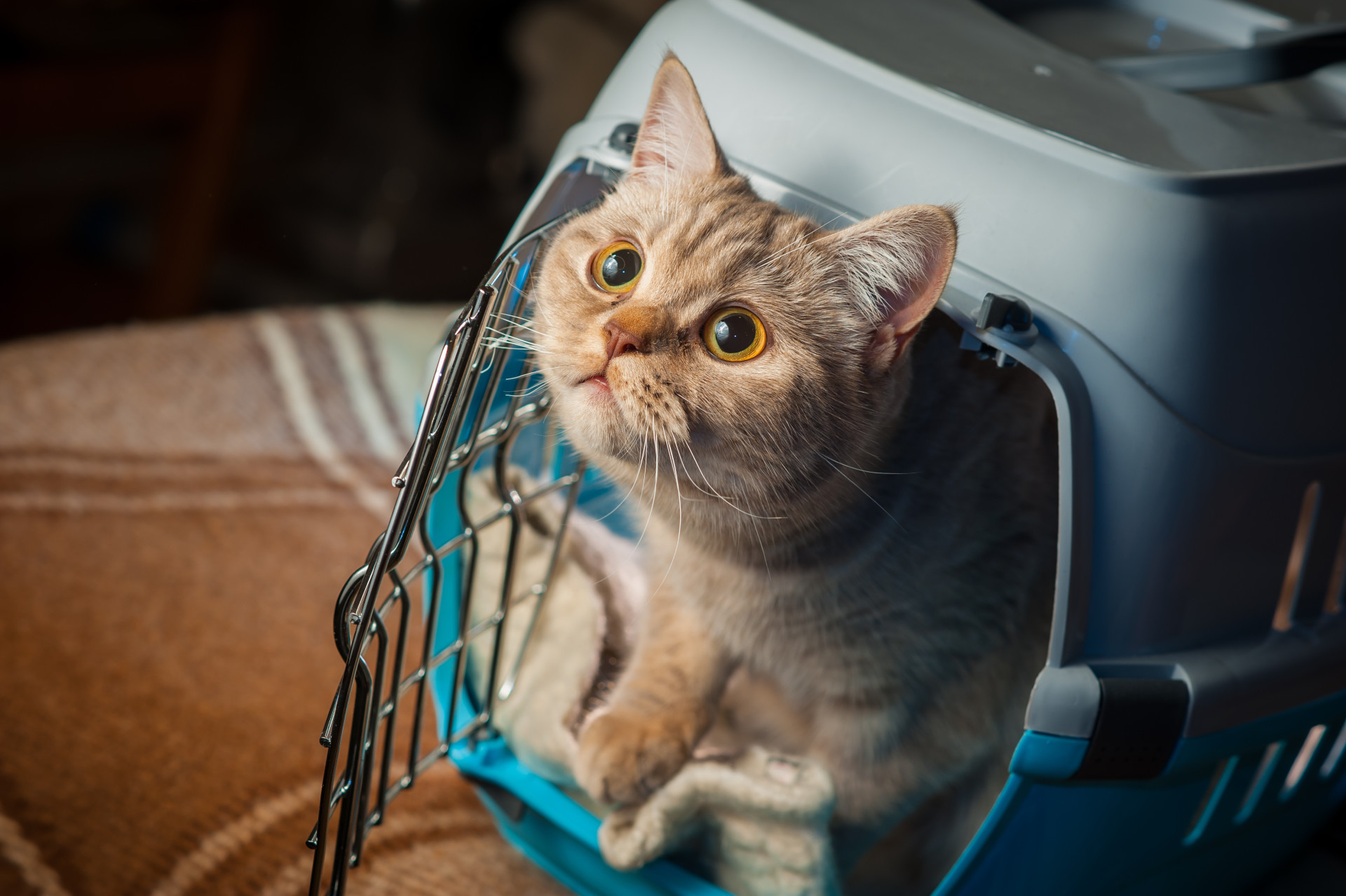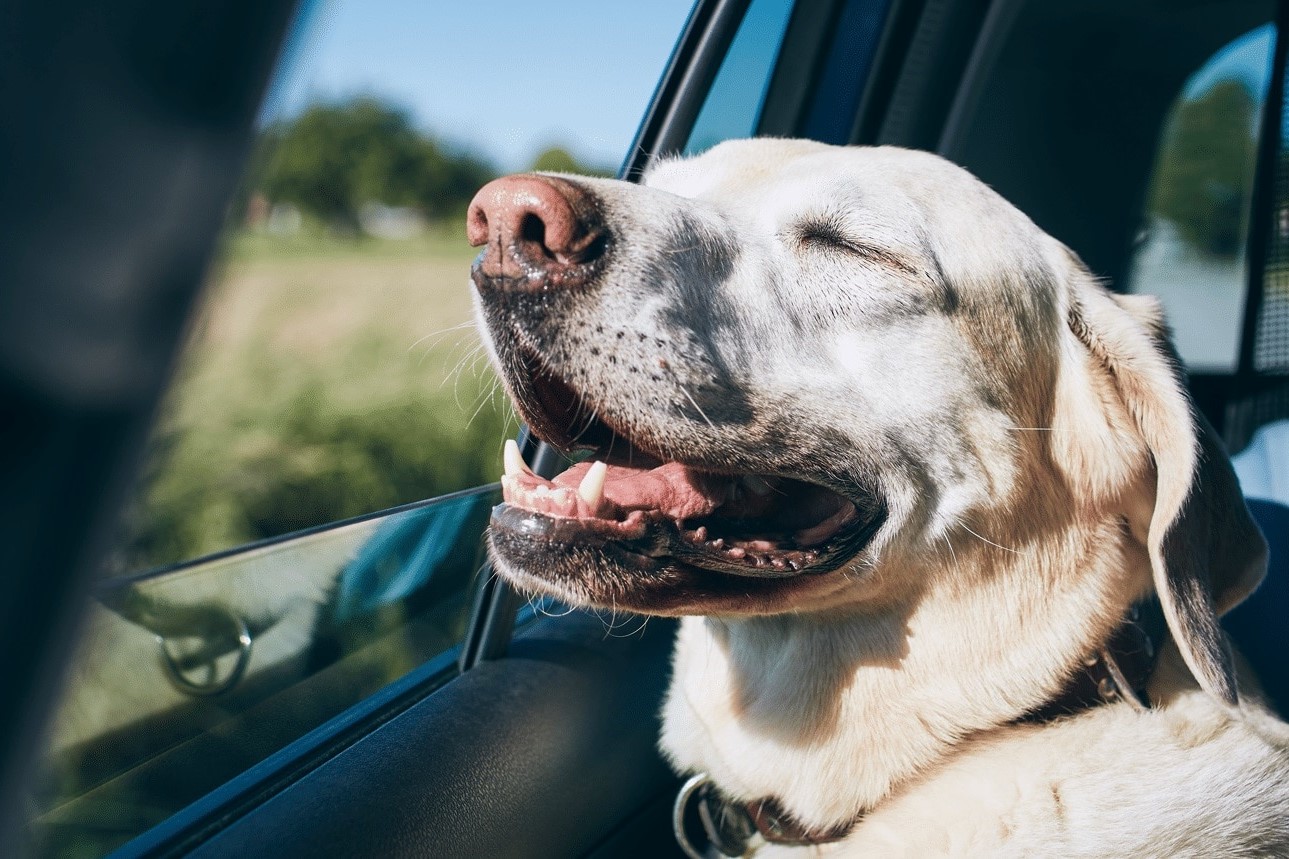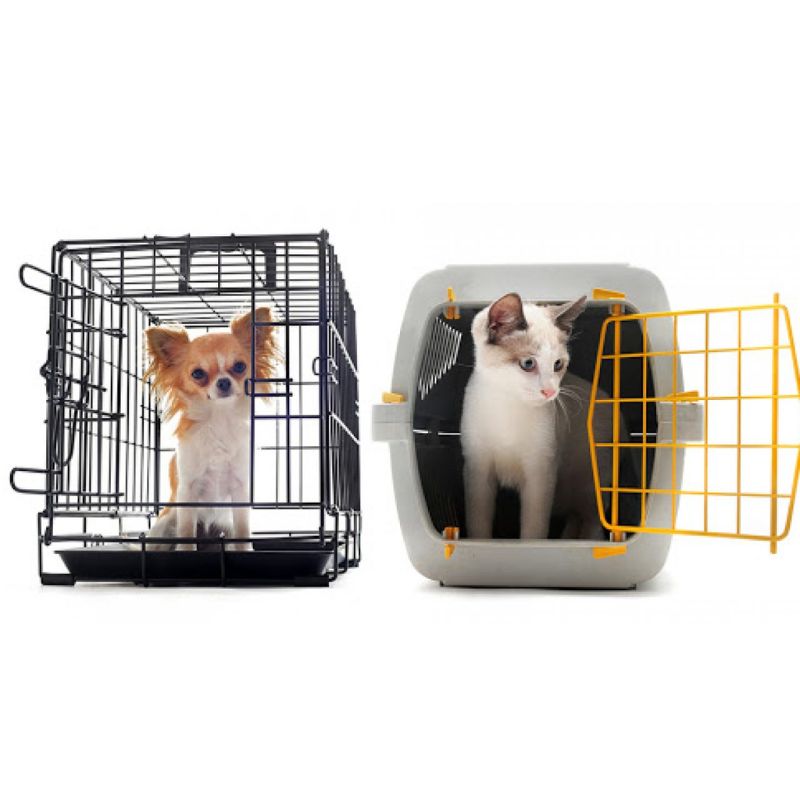Pet Transportation Regulations by Air to Japan with Asiapata
Traveling with pets internationally involves complex regulations, especially when flying to Japan. The process requires meticulous planning and strict compliance with Japanese laws. Fortunately, Asiapata, a trusted pet relocation service, simplifies this journey for pet owners. Whether you’re relocating, traveling temporarily, or moving permanently, understanding the regulations for pet air transport to Japan is crucial. This guide details everything you need to know when flying pets to Japan with Asiapata.

Why Japan’s Pet Import Rules Are Strict
Japan is a rabies-free country and maintains that status through stringent animal import laws. These laws protect public health and the well-being of other animals. Pets arriving without meeting the requirements may face long quarantine periods or be denied entry altogether. That’s why preparation is key.
Asiapata ensures all legal, medical, and logistical steps are properly followed to guarantee a smooth pet entry into Japan.
What Pets Can Be Transported?
Japan allows the import of dogs and cats under strict conditions. Birds, reptiles, and other animals may be subject to different rules and may need additional documentation or permission from quarantine authorities.
Dog and Cat Import Rules Include
-
Microchipping
-
Rabies vaccination
-
Blood antibody testing
-
Advance notification to Japanese Animal Quarantine Services (AQS)
-
Quarantine arrangements (if required)
Asiapata specializes in transporting dogs and cats but can also help with special species upon request.
Step-by-Step Process to Bring Your Pet to Japan
1. Microchipping
Before anything else, your pet must be microchipped with an ISO 11784/11785-compliant chip. This chip should be readable by Japanese authorities.
If your pet has a different type of chip, you’ll need to bring your own reader.
Tip: The microchip must be implanted before any rabies vaccination.
2. Rabies Vaccination
Japan requires two rabies vaccinations after microchipping. Each must be administered at least 30 days apart and must be valid.
-
The pet must be at least 91 days old at the time of the first vaccination.
-
Both vaccinations must be inactivated and approved by international standards.
-
The second vaccine must be administered at least 30 days before the blood test.
Asiapata monitors this timeline closely to ensure compliance.
3. Rabies Antibody Titer Test
This test confirms your pet has sufficient rabies antibodies (0.5 IU/ml or higher). The test must be conducted at an approved laboratory.
-
Must be done at least 180 days before arrival in Japan.
-
Cannot exceed two years before arrival.
If this timeline isn’t met, your pet could face up to 180 days of quarantine.
Asiapata assists in scheduling this test at approved labs worldwide.
4. Advance Notification to Japan’s AQS
You must submit an Advance Notification Form to Japan’s Animal Quarantine Service at least 40 days before your arrival.
This form includes your flight details, pet’s info, and the intended arrival port.
Asiapata handles this documentation directly, reducing the risk of delay or denial at customs.
5. Health Certificate
Within 2–10 days before travel, a licensed veterinarian must issue a health certificate. It confirms that your pet is fit for air travel and free from contagious diseases.
Depending on the country of departure, the certificate might also need endorsement from a government vet authority (such as USDA, DEFRA, etc.).
Asiapata coordinates vet appointments and government endorsement as needed.
6. Arrival and Quarantine in Japan
Pets are inspected upon arrival by the Animal Quarantine Service. If all documentation is complete, your pet may be released immediately.
If there are issues, pets may be quarantined for a maximum of 180 days.
To avoid this, Asiapata ensures all steps are met ahead of time.

Airlines and Crate Regulations
Airlines have specific pet policies. Pets must travel in IATA-approved crates with proper ventilation, food, and water access.
Some pets may travel as cargo, others as excess baggage. Very small pets might be allowed in the cabin.
Asiapata works with major airlines to choose the best route and airline for your pet’s comfort and safety.
Why Choose Asiapata for Pet Relocation to Japan?
1. Full-Service Support
From paperwork to airport pickup, Asiapata manages the entire pet relocation process. You’ll never face Japanese bureaucracy alone.
2. Expertise in Japan’s Regulations
Asiapata has years of experience handling pet transport to Japan. Their team is well-versed in every detail of the process.
3. Global Vet and Lab Network
They partner with accredited labs and certified veterinarians across Asia, Europe, and the Americas.
4. Stress-Free Experience for Pets and Owners
Moving is stressful. Letting Asiapata handle logistics ensures peace of mind for you and comfort for your furry friend.
5. Quarantine Avoidance Guarantee
If all steps are followed under Asiapata’s guidance, your pet will likely avoid quarantine completely.
Common Mistakes to Avoid
-
Missing the 180-day waiting period after the rabies titer test
-
Using an unapproved microchip
-
Skipping the 40-day advance notice
-
Traveling without proper documents
Any of these can result in denied entry or long quarantine periods. Asiapata prevents these issues through detailed planning.

Final Checklist Before Departure
-
ISO microchip implanted
-
Two rabies shots post-microchip
-
Antibody titer test done 180+ days before arrival
-
Advance Notification submitted
-
Health certificate issued and endorsed
-
Flight booked with appropriate crate
-
All documents in-hand at the airport
Let Asiapata confirm every item is checked off before your pet boards the plane.
Conclusion
Traveling with pets to Japan involves strict legal and health requirements. Missing even one step can delay your pet’s entry. However, with expert assistance from Asiapata, you can relocate with confidence. They handle every detail so you can focus on your own travel plans.
Flying to Japan with a pet doesn’t need to be overwhelming. With Asiapata by your side, the process becomes clear, safe, and stress-free.
For more information on pet-related topics, you can visit the following articles:
What to Consider When Keeping Pets with Children at Home
Tips for Caring for Short-Nosed Pets














